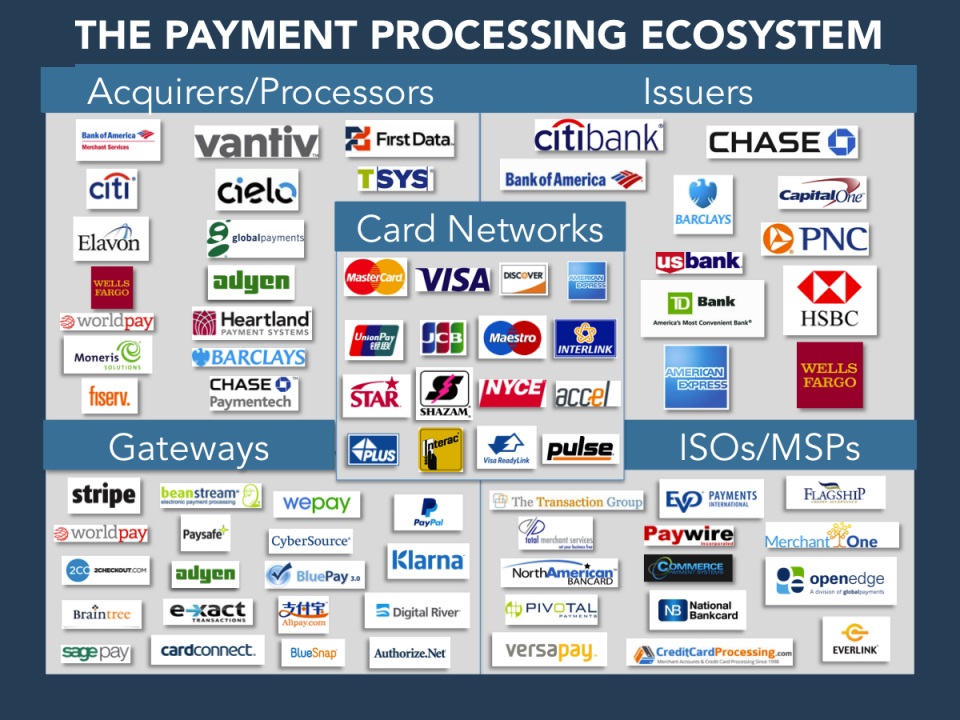Credit Card Issuers Are Charging Fees for Buying Cryptocurrency.

Coinbase, the most popular cryptocurrency exchange and the one most associated with recent speculation by retail investors, sent an email to some customers early Feb. 1, alerting them that credit card networks are beginning to treat cryptocurrency purchases as cash advances, leading to fees and higher interest rates on these transactions.
Coinbase did not specify what companies it was referring to, and a request for comment sent to the exchange was not immediately returned.
A Mastercard spokesman revealed via email, "Over the past few weeks, we have clarified to acquirers – the merchant's bank – the right transaction or merchant category code to use for these type of transactions (cryptocurrency purchases). This provides a consistent view of such purchases for both merchants and issuers."
A Visa spokeswoman said via voicemail, "it would be up to the individual issuer, the financial institution that issued the card, to determine any fees that they might charge for certain types of purchases, so it's not Visa. We don't issue cards."
A reddit post claiming to be written by a "major credit card/bank employee" in late January said that Visa and Mastercard customers in the U.S. and Canada were already being impacted by the changes.
Cash Advance Charges
"Recently, the MCC code for digital currency purchases was changed by a number of the major credit card networks," Coinbase's email said. "The new code will allow banks and card issuers to charge additional 'cash advance' fees. These fees are not charged or collected by Coinbase."
MCCs, or merchant category codes, are used by card companies to distinguish between types of vendor, such as hotels or gas stations. Credit card issuers typically charge additional fees for cash advances and higher-than-normal rates of interest. One popular Visa card, for example, charges the higher of $10 or 5% of the transaction. The annual interest rate is 26.24%, compared to a range of 16.24% to 24.99% for other purchases.
A combination of factors has likely led card companies and issuers to take this step. First, they may be worried that a downturn in the cryptocurrency markets (bitcoin's price is already down by more than 50% from the all-time high it hit in late 2017) could spark a wave of defaults.
Reports that people are mortgaging their homes to buy bitcoin are just the most extreme example of recent debt-fueled speculation in cryptocurrencies. Higher fees would discourage unfunded purchases and cushion the blow of potential defaults. On the other hand, card issuers could see an opportunity to extract higher fees from FOMO-driven buying.
Cryptocurrency exchange customers should consider using other payment methods. As its recent announcement mentions, Coinbase accepts debit cards and linked bank accounts, but purchases using these methods can take days to complete.
Investing in cryptocurrencies and other Initial Coin Offerings ("ICOs") is highly risky and speculative, Since each individual's situation is unique, a qualified professional should always be consulted before making any financial decisions.